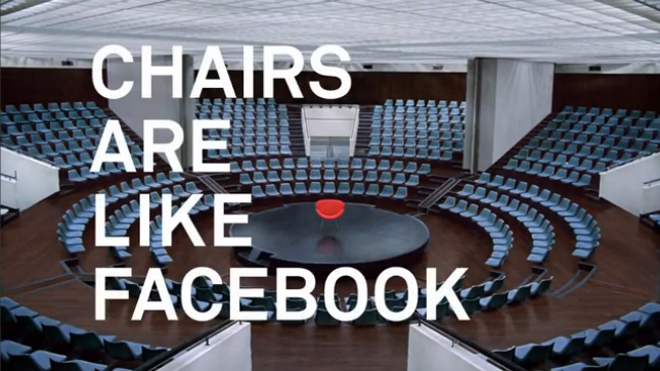
In spite of Microsoft’s success in selling software, the company struggles on the internet market. After numerous unfruitful attempts, in the summer of 2011, Microsoft finally purchased Skype to ensure its significance in the market. Microsoft bought the internet telephone service for $8.5 billion, more than triple of Skype’s worth ($2.75 billion).
Therefore expectedly, this Tuesday, Microsoft announced that it will discontinue its Messenger service in all countries, except mainland China, asked its users to make the transition to Skype, merging the accounts and contacts for both services.
In my opinion, Microsoft has made a clever strategic move for the following reasons:
[1] Skype offers Microsoft a large customer base which gives the company a competitive advantage over other major competitors (such as Google).
[2] Windows Live Messenger has been on decline since other competitors joined the market (i.e. Facebook Chat, Skype). Buying Skype eliminates relative competition and gives Microsoft a new brand image.
[3] Microsoft can use Skype to enhance and promote other services that Microsoft has developed.
Image Reference:
http://venturebeat.files.wordpress.com/2012/11/skype-windows-messenger.png?w=558&h=9999&crop=0
Sources:
[1] http://www.cbc.ca/news/technology/story/2012/11/06/microsoft-skype-messenger.html
[2] http://www.cbc.ca/news/business/story/2011/05/10/microsoft-skype-sale.html




Recent Comments